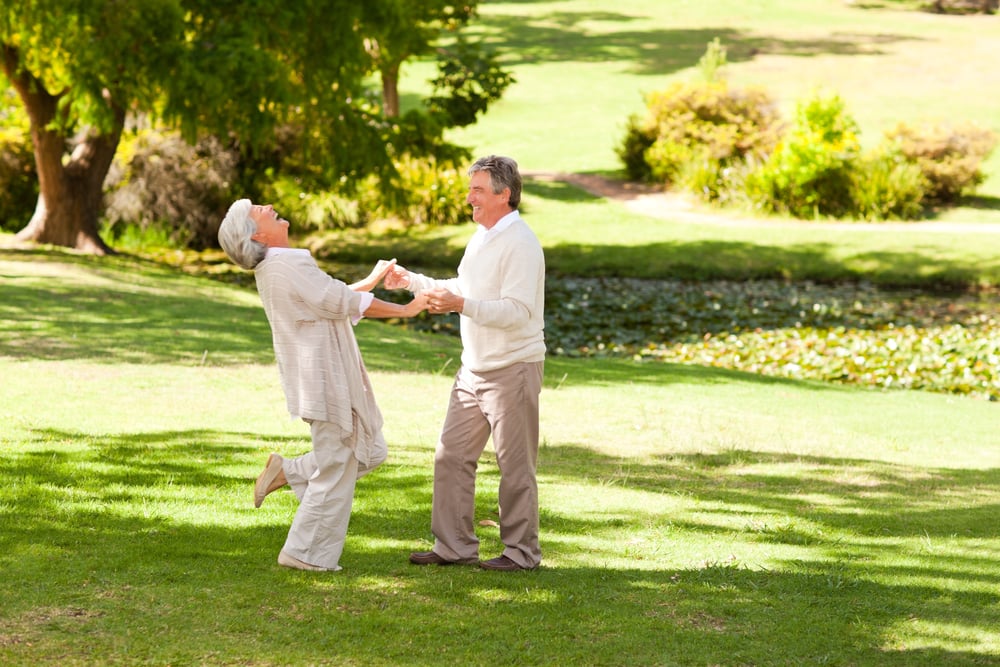“Acquiring additional skills can be a terrific way to keep an aging brain in shape.” That’s according to Scientific American. They go on to say that the best way to avoid cognitive decline as you get older is to stay mentally as well as physically active. And while we may learn a bit more slowly as we age, seniors are actually better in some ways when it comes to learning new skills.
Think you’re too old to take on anything new? Check out this list which includes numerous folks who chalked up major accomplishments at age 65 or older (far older, in many cases). But who says you have to set a world record? Consider Harry Bernstein, who, at age 96, published his first book. He started writing it three years earlier, when his wife of 70 years passed away, as a way to deal with loneliness.
The value of learning later in life
The world around us is changing rapidly. Seniors have to keep up if they expect to remain independent. One good example is the need to develop new skills surrounding emerging technology. Just imagine if you had to ask for help to use your phone, your tablet, and all your social media activities, not to mention the dashboard interaction with your car!
Taking on new learning challenges forces seniors to leave their comfort zone – mentally, if not also physically. It’s those “stretching” challenges that keep your brain sharp. The learning process also helps improve memory.
So, why are seniors better at learning new skills?
It’s true that seniors often experience mild cognitive changes such as decreased ability to pay attention or a little more trouble recalling words or names. But the aging process also produces positives, according to the National Institute on Aging (NIA). Older adults possess broader vocabularies and better understanding of language nuances. They can call on a lifetime of learning and experiences to help address new challenges.
And, of course, they can continue to add to that store of knowledge. The NIA says, “there is growing evidence that the brain maintains the ability to change and adapt so that people can manage new challenges and tasks as they age.
Seniors also have special advantages when it comes to tackling new things.
- They are doing it because they want to. Students in school and workers on the job have to gain new knowledge and skills because that’s what is expected of them. Seniors decide to learn, or see, or do new things strictly because they know they will derive value and satisfaction from it.
- They’ve spent a lifetime understanding their own learning style, and that promotes confidence as well as success. It’s so easy to avoid new subjects or activities when you lack confidence. What if you fail? Knowing how you learn most comfortably makes it easier to approach new opportunities. And knowing how much you’ve already learned in life proves you can do it if you want to.
- They have time to devote to new learning. The chief benefit of retirement is the fact that you can finally control your days. Active seniors are always looking for new, interesting and fulfilling ways to enjoy the things they love most but also to spread their wings. What better way to spend one’s time than learning a new skill?
So, the next time someone tells you (or you tell yourself) that older adults can’t learn new tricks, remember this. Ernestine Shepherd, now 86, was not too long ago the oldest competitive bodybuilder in the world. She did not even begin exercising until she was over 50. And photographer Irving Olson? He developed cutting-edge photographic technology techniques - at age 98.




